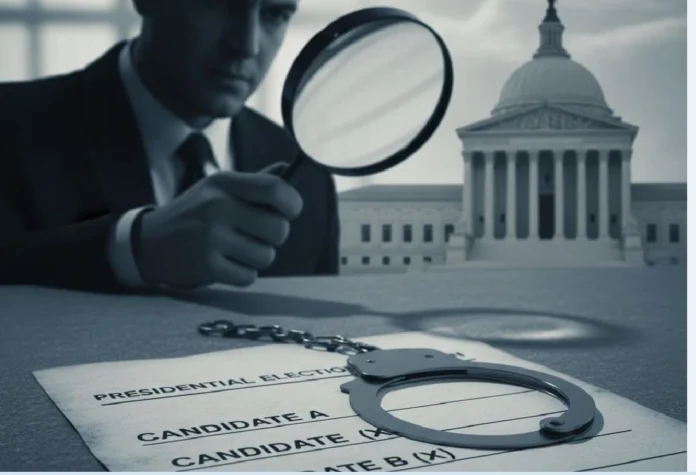By Dr Swati Jindal Garg
When the apex court declared that “democracy cannot survive without free and fair elections, without free and fairly informed voters”, it wasn’t merely stating a constitutional ideal—it was defining the essence of transparency in India’s electoral democracy.
In yet another landmark decision, a bench of Justices PS Narasimha and AS Chandurkar upheld the disqualification of a municipal councillor, Poonam, who failed to disclose her criminal conviction in her nomination papers for the Bhikangaon Nagar Parishad elections in Madhya Pradesh.
THE CASE IN BRIEF
Poonam’s election to the Nagar Parishad was challenged after it was revealed that she had concealed a prior conviction under Section 138 of the Negotiable Instruments Act, 1881—a cheque-bounce offence.
Earlier, both the trial court and the High Court ruled that her non-disclosure violated the law, and the Supreme Court upheld those findings.
The Court dismissed Poonam’s appeal, rejecting her plea that her conviction had later been set aside and that the offence did not involve “moral turpitude”.
THE LEGAL FRAMEWORK
Under Rule 24-A of the Madhya Pradesh Nagar Palika Nirvachan Niyam, 1994, every candidate must submit an affidavit disclosing:
- Criminal antecedents
- Assets and liabilities
- Educational qualifications
Additionally, Section 22(1)(d)(iii) of the Madhya Pradesh Municipalities Act, 1961, allows an election to be declared void if the result is materially affected by non-compliance with these provisions.
The top court made it clear that all convictions—serious or otherwise—must be disclosed, and that subsequent acquittal cannot cure the defect. What matters is the candidate’s status on the date of filing the nomination.
KEY JUDICIAL OBSERVATIONS
1. Statutory Duty to Disclose
“The object behind disclosing such information is to enable voters to get knowledge about the criminal antecedents, assets, liabilities, and educational qualifications of candidates… Failure to furnish such information deprives voters of their right to make an informed choice.”
2. Right to Information of Electors
“Democracy cannot survive without free and fairly informed voters. Non-disclosure of criminal antecedents amounts to misinformation and makes democracy a farce.”
3. No Distinction Between Offences
“The Rules of 1994 make no distinction between serious and non-serious offences. The duty to disclose conviction is absolute.”
4. Effect on Election Result
“Non-disclosure of criminal antecedents impedes the free exercise of electoral rights by voters. The question whether the result was materially affected does not arise.”
—The author is an Advocate-on-Record practising in the Supreme Court, Delhi High Court and all district courts and tribunals in Delhi


